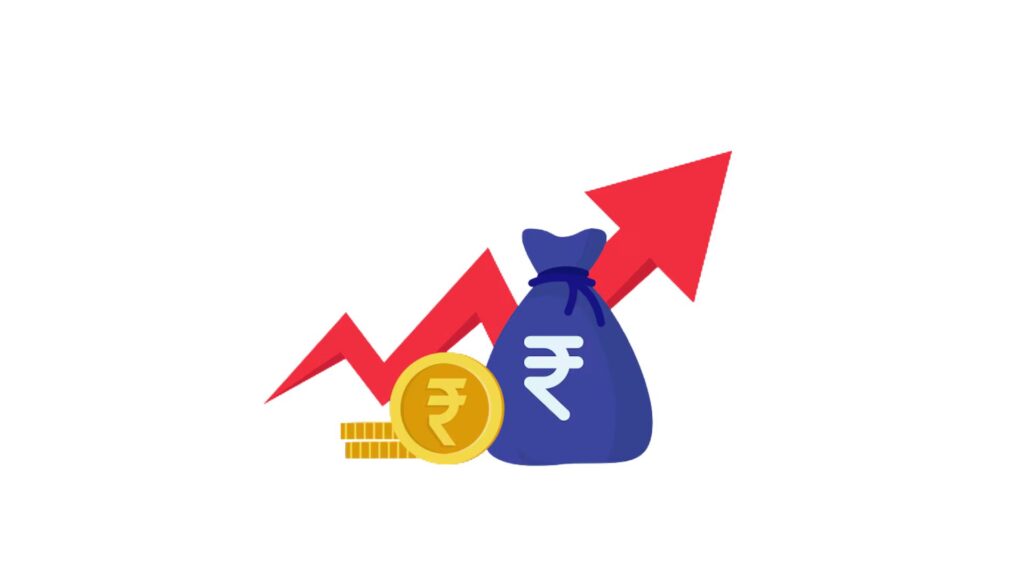
12 Jun Government Plans to Tweak Capital Gains Tax Regime for Debt Mutual Funds

Introduction
The government is considering revisions to the capital gains tax structure for debt mutual funds, with a focus on providing relief for the Bharat Bond Exchange Traded Fund (ETF). Discussions surrounding this matter occurred during a recent meeting held within the finance ministry. The goal is to issue a new tranche of the Bharat ETF in the current fiscal year. However, the final decision rests upon the government’s budgetary considerations.
Background
Before April 1, 2023, the tax treatment of debt funds was contingent upon the duration of the holding period. Investments held for over 36 months were subject to a capital gains tax of 20% with the benefit of indexation. Short-term capital gains applied to holdings of less than 36 months. However, the Finance Bill of 2023 altered this framework, subjecting debt mutual funds with equity investments below 35% to taxation at the income tax slab rate.
Proposed Changes
Given the implications for the Bharat Bond ETF, there are discussions surrounding the possibility of providing an exemption for this particular fund. Currently, the ETF is taxed at the same slab rate as other debt mutual funds, a factor that may dissuade potential investors.
Government Deliberations
Officials from the Department of Investment and Public Asset Management (DIPAM) are expected to submit formal recommendations to the Department of Revenue following the establishment of the new government. Additionally, finance ministry officials are slated to engage with executives from public sector undertakings (PSUs) to evaluate their financial requirements for the ongoing fiscal year.
Impact on Bharat Bond ETF
The Bharat Bond ETF comprises bonds issued by various entities, including CPSEs, CPSUs, Central Public Financial Institutions (CPFIs), other government organizations, and select private companies. Since its inception in 2018, this platform has facilitated the raising of ₹33,400 crore in debt since 2019. However, concerns have arisen regarding the recent alterations in the taxation regime.
Conclusion
The potential amendments to the capital gains tax framework for debt mutual funds, particularly the Bharat Bond ETF, underscore the government’s commitment to fostering investor confidence and facilitating financial market growth. As discussions progress and decisions are finalized, stakeholders will await further clarity on the implications for the investment landscape.


No Comments